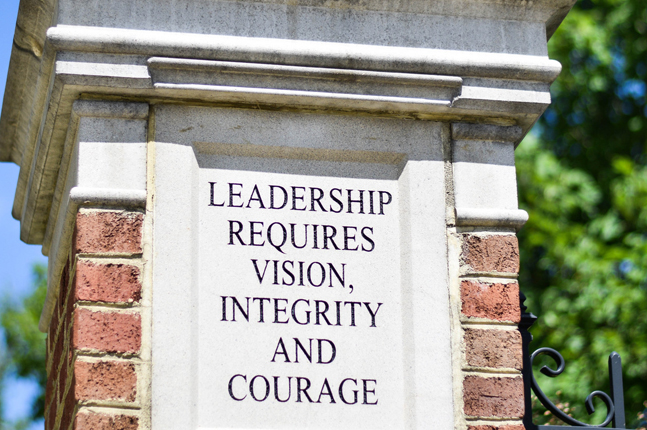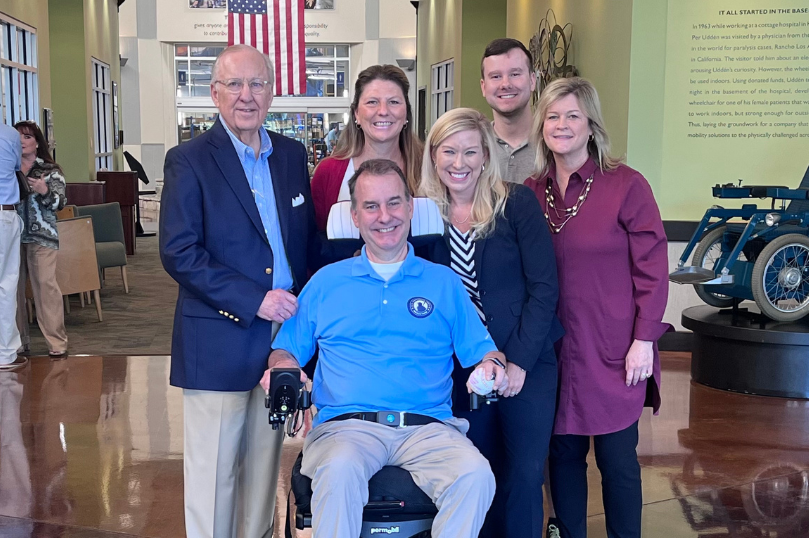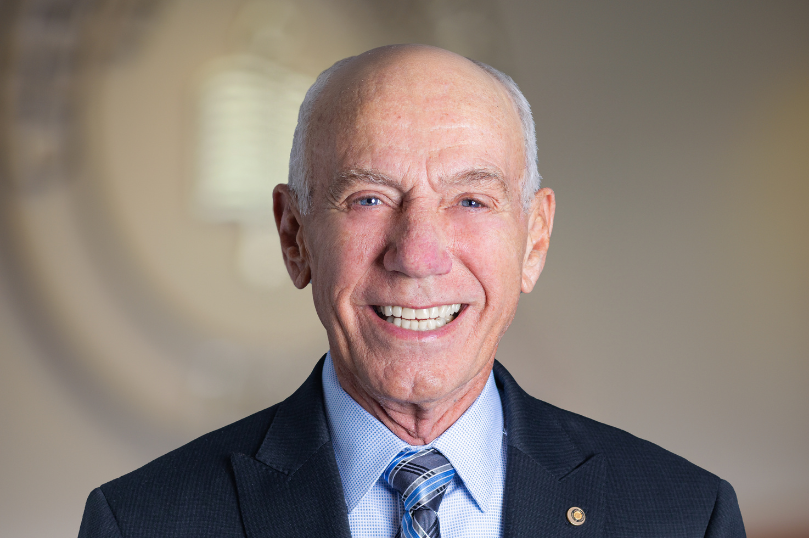By Sean Wagner, Chief Operating Officer
As seen in the Winter 2018 Edition of The Scroll
The implementation of Phi Delt 2020 has advanced Phi Delta Theta in countless ways. We’ve established more chapters, increased our average chapter size, increased total number of undergraduates, expanded our educational programming and technology offerings, grown our endowment to nearly $20 million to name several. There is no doubt that we’re a stronger and more sophisticated organization for this strategic endeavor.
One of the misnomers of Phi Delt 2020 has been that the plan has been static since its implementation in 2011, and that it ends in its namesake year, 2020. Neither is accurate, as we have continually looked at our performance, the rapidly changing landscape and pushed ourselves as an organization.
For fraternities, these are challenging times and we have an obligation to guard against the elation of our past success, but more importantly, we need to address the needs of our current and future members. Through such brave initiatives as alcohol-free housing, we have an established track record of bold leadership, innovative thinking, and use these foundational accomplishments to serve to strengthen our status as the premiere fraternal leadership organization as we approach 2020 and prepare for the days that follow.
In the next 18 months we will develop a new plan called Phi Delt 2030 that will redefine our strategic position, determine future staff and volunteer structure, and build future financial targets for our Foundation.
Into this process we bring with us current and emerging activities from 2020 as well as work that we did last year with Dr. David Staley from Ohio State University, who specializes in strategic foresight. Last fall, he helped us identify relevant futuristic trends and opportunities. Four key trends that we will prioritize in our planning will be the changing landscape of higher education enrollment and our membership model, the needs of Generation Z, facilitating the connection of people in a virtual and interconnected world, and competitive housing.
In addition to those trends, over the next twelve months we will conduct an environmental scan that includes a focus on health and safety, a review of peers, higher educational, societal, economic conditions, in addition to polling members and constituents at all levels of the organization for their insight. In-person opportunities will occur at the General Convention and Kleberg in 2018. With all of this information, next fall (following the election of the new General Council) we will go through our planning process and cast the future priorities of Phi Delta Theta into the next decade.
It is within Phi Delta Theta DNA to grow, evolve and lead within the fraternal movement. The design of Phi Delt 2030 combines this same code to our core values to create a clear pathway moving forward.





